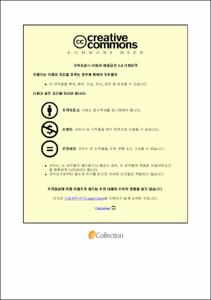프랜차이즈 기업의 내부특유자원이 시장지향성 및 경영성과에 미치는 영향
= Impact of Franchise Companies Specific Resources on Market Orientation and Business Performance : Focusing on the moderating effect of overseas expansion
- Type
- Thesis
- Alternative Title
- 해외진출 여부의 조절효과를 중심으로
- Advisor
- 김문명
- Department
- 지식서비스&컨설팅대학원 미래융합컨설팅학과
- Issued Date
- 2025
- Publisher
- 한성대학교 지식서비스&컨설팅대학원
- Files in This Item:
-
-
Download
 000001094544.pdf
기타 데이터 / 11.94 MB / Adobe PDF
000001094544.pdf
기타 데이터 / 11.94 MB / Adobe PDF
-
Items in Repository are protected by copyright, with all rights reserved, unless otherwise indicated.